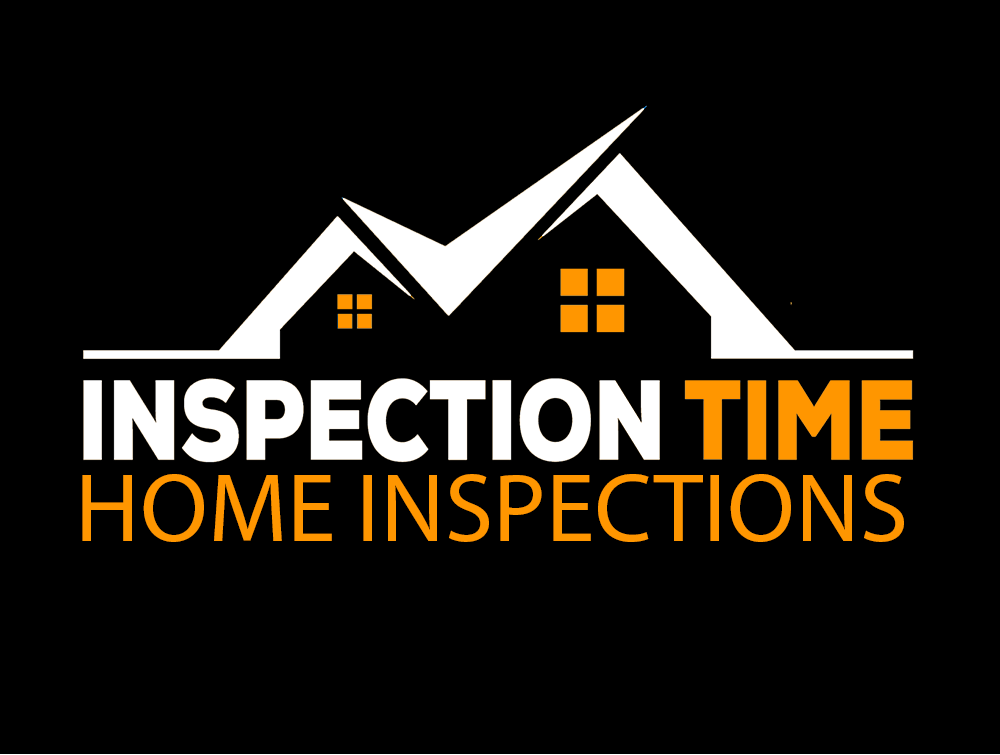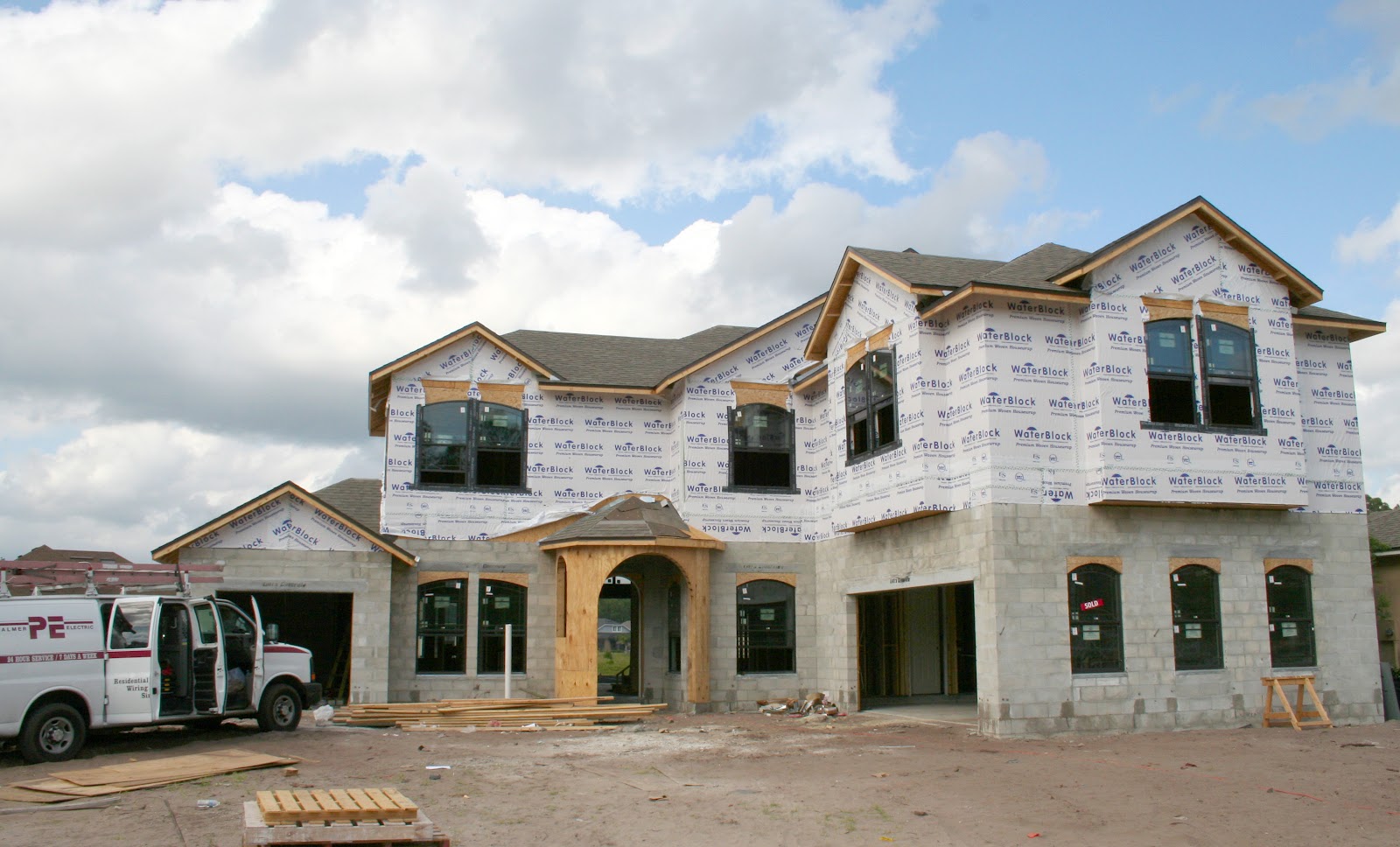In Texas, a standard home inspection typically includes a comprehensive assessment of the major systems and components of a residential property. While the specific details can vary between inspection companies and inspectors, here are the areas that a typical home inspection in Texas would cover:
- Structural Components:
- Foundation: Inspection for cracks, settling, and signs of movement.
- Walls, ceilings, and floors: Checking for visible damage, such as cracks or bowing.
- Roof and Attic:
- Roof covering: Examining the condition of the roofing materials.
- Roof structure: Assessing the framing and trusses.
- Attic: Checking insulation, ventilation, and any signs of leaks or damage.
- Exterior:
- Siding, stucco, or brick: Inspecting for damage, cracks, and signs of moisture intrusion.
- Windows and doors: Checking for proper operation and any visible issues.
- Exterior drainage: Evaluating the grading and drainage systems to prevent water accumulation near the foundation.
- Interior:
- Walls, ceilings, and floors: Looking for visible damage, cracks, or other issues.
- Doors and windows: Checking for proper operation, seals, and signs of damage.
- Stairs and railings: Ensuring safety and proper construction.
- HVAC Systems:
- Heating and cooling systems: Testing for proper operation and potential issues.
- Ductwork: Inspecting for leaks, damage, and proper insulation.
- Plumbing:
- Plumbing fixtures: Checking sinks, faucets, toilets, and showers for leaks and proper function.
- Water heater: Assessing condition, age, and safety features.
- Water supply and drainage: Testing water pressure, checking for leaks, and inspecting drainage systems.
- Electrical:
- Electrical panels: Checking for proper wiring, labeling, and safety concerns.
- Outlets and switches: Testing for functionality and identifying any visible issues.
- Appliances:
- Checking the operation of built-in appliances like ovens, cooktops, and dishwashers.
- Fireplace and Chimney:
- Inspecting for safety and proper functioning.
- Garage:
- Assessing the garage door, safety features, and any visible issues.
It’s important to note that while a standard home inspection covers many areas, there are certain specialized inspections that may be recommended based on the property’s characteristics or specific concerns. These could include inspections for termites, mold, radon, lead-based paint, or pool and spa equipment, among others. Additionally, Texas law requires licensed home inspectors to follow the Texas Real Estate Commission (TREC) Standards of Practice, which outlines the minimum requirements for a home inspection in the state.




